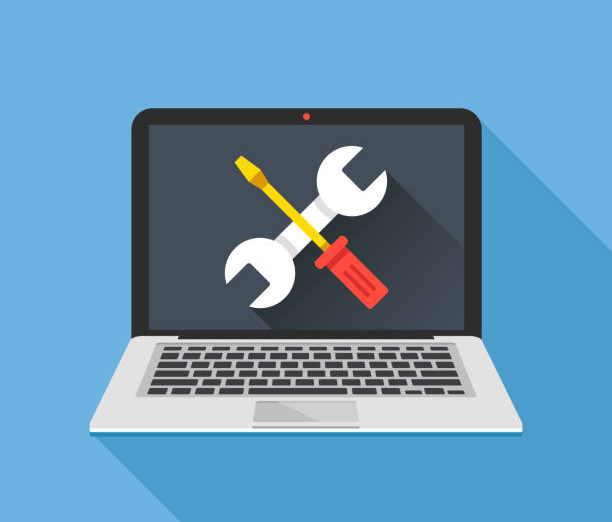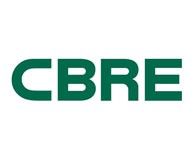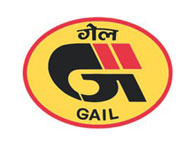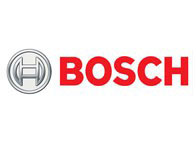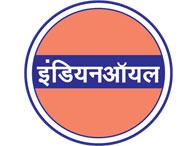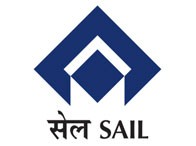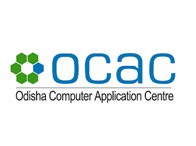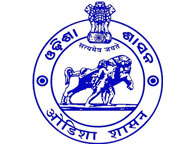COURSE OVERVIEW:
In today’s competitive market, companies are under increasing pressure to produce higher quality goods and services at lower production costs. A key component of the overall cost of manufacturing is maintenance and the key role of maintenance is to guarantee the reliability of the production plant. The crucial element for ensuring that maintenance is cost-effectively delivered is the planning and scheduling of maintenance tasks.
The foundation of excellence and achieving cost-effective equipment reliability starts with Maintenance Planning and Scheduling.
The role of Maintenance Planner has changed dramatically over the last two decades years with the introduction of complex CMMS and ERP systems that promise to make life easier. While the introduction of these new and improved systems has increased our ability to gather and disseminate information, most planners and maintenance managers are starting to understand that their lives have become anything but easier.
The quality of the outputs from these systems is reliant on the quality of the inputs and these can only be assured if we have a robust management system to support maintenance, engineering and operations. More and more the maintenance planner is seen as the champion of “The System” but what has been done to improve his or her understanding of the intricacies of asset management in this new technological age?
The answer is often very little. To break the cycle of “garbage in, garbage out” of the CMMS we must develop the personnel in this key role and turn them into asset management planning champions. To do this they must have an understanding of asset management fundamentals and where maintenance fits into the mix.
If organizations are to move toward an asset management environment with a focus on maximizing equipment life, then the planner must be seen more as a whole of life Asset Management Planner rather than the Maintenance Planner of old. This course is the starting point for that transition.
LEARNING OBJECTIVES & BENEFITS :
By attending this technical training on “Maintenance Planning and Scheduling” delegates will be able learn and deliver the following things.
- Achieve maximum maintenance effectiveness through proper planning and scheduling activities.
- Become proactive rather than reactive in carrying out maintenance activities.
- Increase equipment Availability, Reliability, safety and plant profitability.
- Differentiate between the planning and scheduling process.
- Apply appropriate prioritization methods based on business risks and needs.
- Implement a Knowledge Management System to address the craft skills shortage.
- Design repeatable procedures to reduce maintenance-induced failures.
- Develop a scheduling process that integrates with Operations.
- Describe and integrate the interdependencies with the Storeroom.
- Analyze and evaluate the effectiveness and efficiencies of the maintenance process.
- Understand common maintenance problems, delays, and inefficiencies
- Use performance metrics, PM compliance, schedule compliance, backlog, efficiency, and labor utilization
- Define the term backlog and its relationship to estimating
- Create effective job plans
CONTENT:
The training content for this programme is as follows:
- Planning & Scheduling Role in Asset Management
- Foundations of Maintenance Planning & Scheduling
- Roles & Responsibilities
- A typical work management framework
- Life Cycle Costing
- Identification & Evaluation of Work
- Work prioritisation
- Maintenance Planning (What/How)
- Scheduling (Who/When)
- Forwardlog management
- Backlog Management
- Work Execution & Closure
- Shutdowns and Outages
- Recording & Analysing work history
- Key Performance Indicators
- Common Maintenance Planning & Scheduling Barriers
- Learning and Improving the Planning & Scheduling Process
- Tips to Success in Planning & Scheduling
